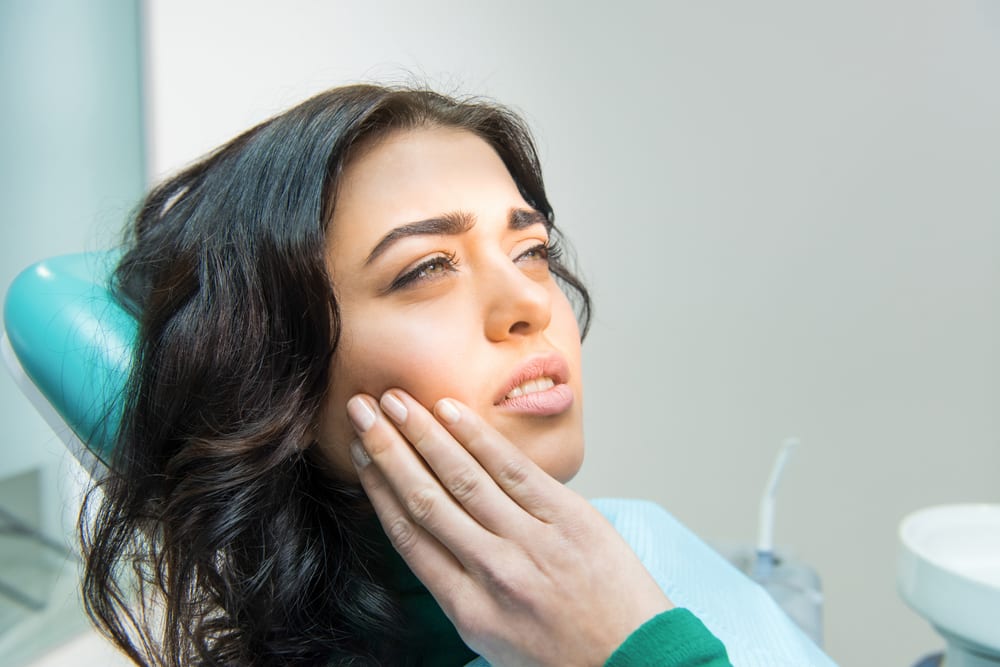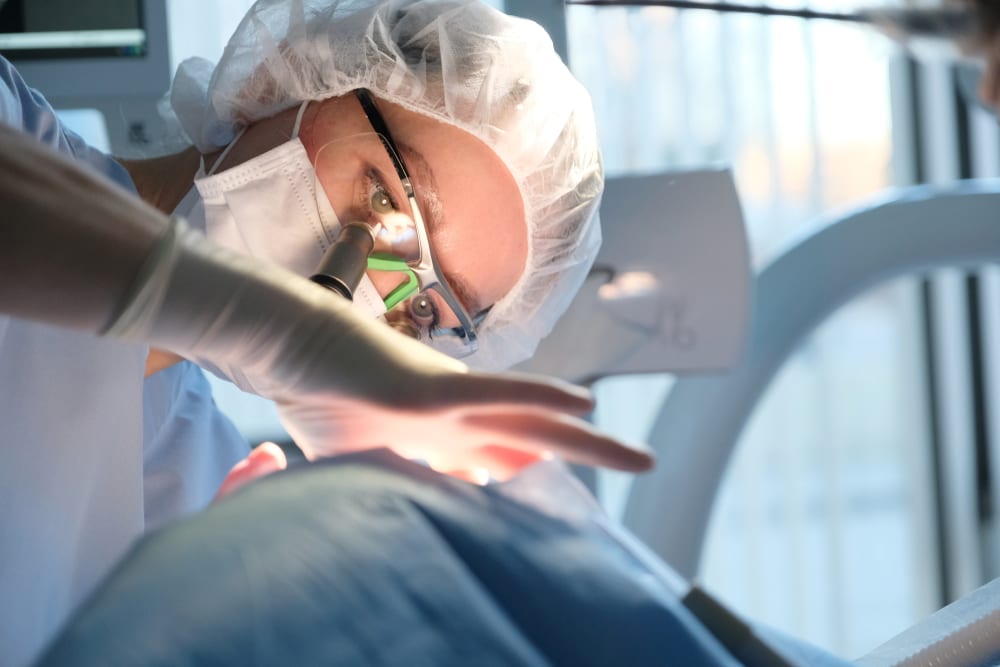Sleep Dentistry in Pacific Palisades, CA
We take pride in providing our patients a comfortable environment with the best dental chairs on the market, streaming media, and painless dentistry technology. However, we also offer our patients sedation for more involved procedures, or if the patient just prefers to be “asleep” for even simpler procedures. Ask about your options and inquire if you would be a candidate.
Sedation Dentistry Methods
- Oral Conscious Sedation: This form of sedation is taken in pill form. Prior to your appointment, you are prescribed a medication to take a few hours or even the night before your appointment. Patients remain awake, but completely relaxed during treatment. You will need a driver to take you home after your appointment.
- Nitrous Oxide (Laughing Gas): A breathable gas, nitrous oxide takes effect immediately after inhalation. This is mixed with oxygen to provide a safe and effective means of stress reduction. Patients remain awake and alert during treatment– the gas takes the ‘edge’ off of your anxiety so you feel comfortable. Because the gas wears off immediately after being inhaled, you are safe to drive yourself home.
- IV Sedation: IV sedation is used to allow the surgeon/anesthesiologist to administer anti-anxiety medications directly to your bloodstream. It allows the the patient to sleep peacefully during their treatment. IV Sedation can be controlled and the patient is closely monitored during treatment. You will need a driver to take you home after your appointment.



"If loving my dentist's practice is wrong, I don't want to be right. Not only do they offer the latest procedures using sophisticated technology, they bring to bear kindness and ethical conduct."
Sleep Dentistry FAQ
Are sedatives different from anesthetics?
Sedatives are different from anesthetics, and the frequent mixing of the two in our day-to-day language can lead to several misconceptions about their unique contributions to the medical field. Sedatives are used to decelerate brain activity and slow or stop irritability and excitement. Anesthetics specifically used to numb an area in local doses, preventing patients from feeling pain during a specific procedure. General anesthesia causes a controllable loss of consciousness. The appropriate medication will depend on the specifics of your treatment.
Is sedation dentistry safe?
Sedation dentistry carries no major risks when administered by an experienced, certified clinician. The sedatives that are used today have been around for many decades, with yearly research and verifications that ensure their safety and effectiveness. Each sedative is unique, and you can expect your dentist to know which one is right for you. In doing so, they will ensure that your sedation method is entirely comfortable and safe.
Will sedation therapy help me overcome dental anxiety?
Dental anxiety or the fear of visiting a dentist affects a fair amount of children and adults and can discourage patients from seeking care in a timely manner or even at all. Delayed oral health maintenance or avoiding appointments can dramatically increase the likelihood of developing a serious dental issue such as an infection, gum disease, tooth decay, and more. By providing the right set of sedation options, patients can experience the ultimate peace of mind during their dental treatment.
Will I still benefit from sedation therapy if I don’t have dental anxiety?
Sedation therapy is considered and used accordingly for patients who do not suffer from dental anxiety. Some treatments are highly recommended under sedation, like extensive treatment or appointments that may be too lengthy for the patient to comfortably sit though while awake. Sedation must also be used when someone is not in control of their gag reflex or have a difficult time staying still.
Why are there different levels of sedation?
Dentists can administer sedation at different levels to provide the best solution for their patients. A minimal amount of sedation would allow the patient to remain conscious but in an extremely relaxed state. A moderate amount of sedation can result in a slight dip in consciousness that causes the patient to forget the sedation occurred. Lastly, there is general anesthesia. During general anesthesia, a patient is unconscious.
Do I need to schedule a ride home when getting sedation dentistry?
For most sedation levels, it is required to have someone else drive you home (except for laughing gas, which wears off immediately). You are typically still under the effects of sedation several hours after treatment, and you must not drive or operate any machinery before you have fully recovered.
